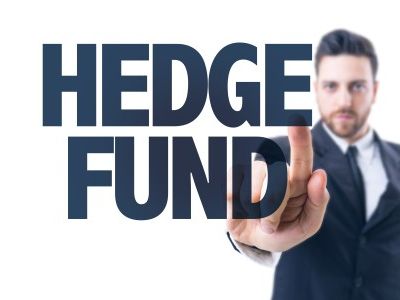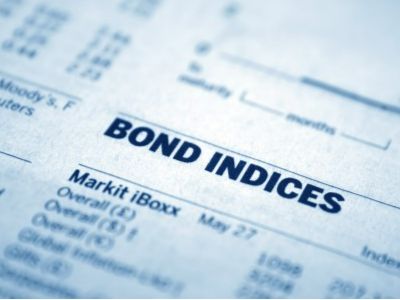Hang Seng Bank: American companies will benefit from tax cuts and a more comprehensive sector profit recovery next year.
2024-12-19 14:20
Leung Kwun Hei, Chief Investment Officer of Hang Seng Bank Wealth Management, stated that the latest dot plot from the Federal Reserve shows that officials now expect to slow down the pace of interest rate cuts next year to 2 times (previously expected to cut 4 times in September), with 2 more cuts expected in 2026 (consistent with September's expectations). Long-term interest rate forecasts have slightly risen to 3%.
The Fed cut the benchmark interest rate by 25 basis points to a range of 4.25%-4.5%, but Fed Chairman Powell said that due to the strong performance of the economy, labor market, and inflation compared to expectations, it may take longer for inflation to reach the 2% target. In response, the Chief Investment Officer of HSBC Wealth Management, Leung Kwan-yi, said that the bank believes that American companies will benefit from tax cuts and a more comprehensive sector profit recovery next year. Of course, the impact of Trump's future tariff policy on US inflation remains a variable, but it is expected that his new policies will not want to impact the US economy and inflation. The US stock market has risen by 20% so far this year, and valuations are not cheap. The volatility in the future is expected to be higher, so diversifying sector investments rather than focusing solely on high-growth stocks is important.
Leung Kwan-yi pointed out that the latest Fed dot plot shows that the Fed expects to slow down the pace of rate cuts to two times next year (previously expected to cut by 4 times in September), and is expected to cut rates twice in 2026 (consistent with the September forecast). Long-term interest rate forecasts have risen slightly to 3%.
The market reacted with surprise to the sudden shift to a hawkish stance by the Fed. The US dollar index broke through the late November high of 108 levels on the night of the interest rate announcement, and US stocks adjusted significantly, with the Nasdaq experiencing the deepest decline. The yield on the US 10-year bond rose by 10 basis points to 4.5%, causing long-term bond prices to pull back.
Leung Kwan-yi believes that in fact, the Fed has consistently underestimated the performance of the US economy. The latest statements are mainly aimed at adjusting forecasts for the economy and inflation. When the US economy and employment remain in good condition, the Fed should not rush to cut interest rates. The short-term selling off in the market after the interest rate decision is believed to be the result of the market's unrealistic expectations of a Fed that would always be dovish.
She further pointed out that Asian stock market valuations are relatively low, and face relatively less pressure from adjustments. In the future, they are expected to benefit from stimulus policies in mainland China and close trade performance within the region. She believes that in times of significant stock market volatility, bond assets can play an important role in stable income and overall investment risk. Future bond investments will focus on USD bonds with a maturity of 3-6 years and European bonds supported by a dovish ECB.
RECOMMEND

AMAC: In January, 137 new asset-backed special plans were filed, with a total scale of 1122.64 billion yuan.
26/02/2025

Schroder Investment: Investors should consider allocating funds to securitized credit and insurance-linked securities.
26/02/2025

Reuss County Asset Annual Reflection: Policy Tipping Point is very clear. The semiconductor industry in 2025 is a game for the brave.
26/02/2025


